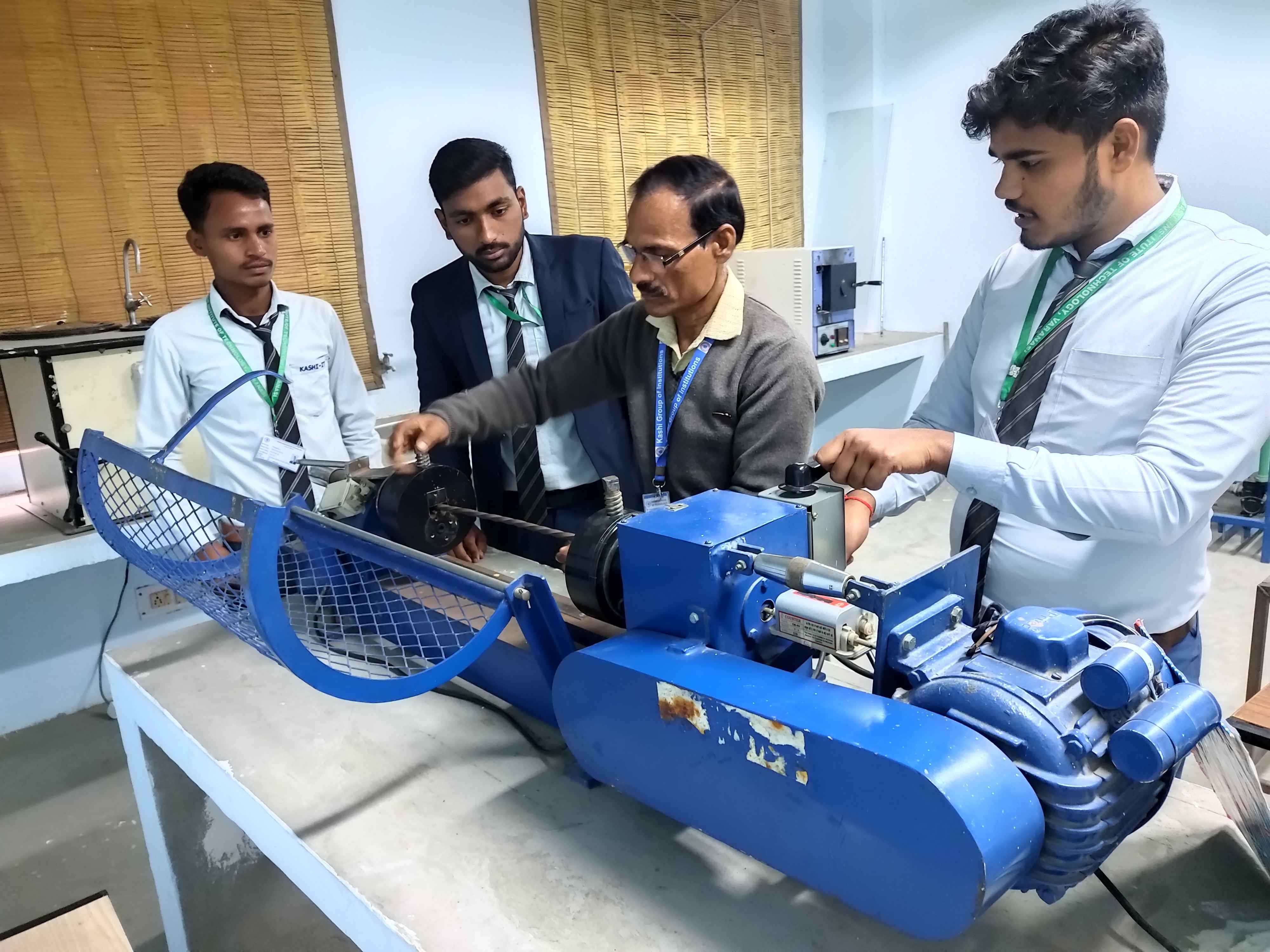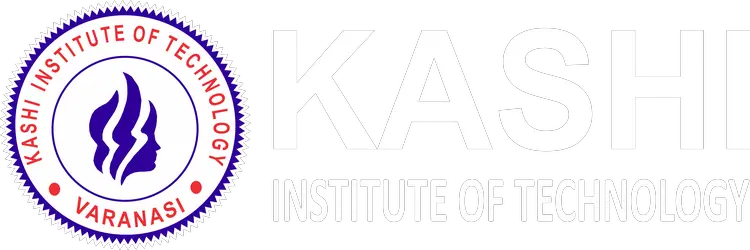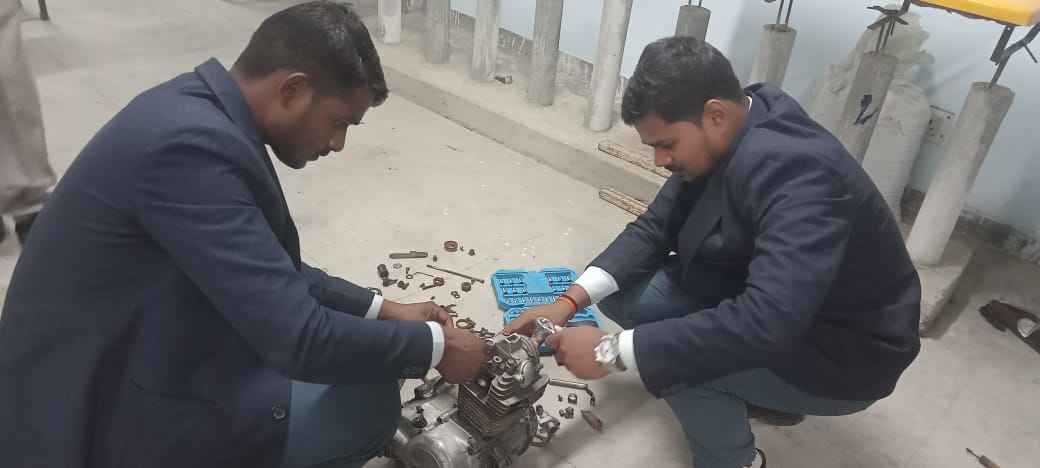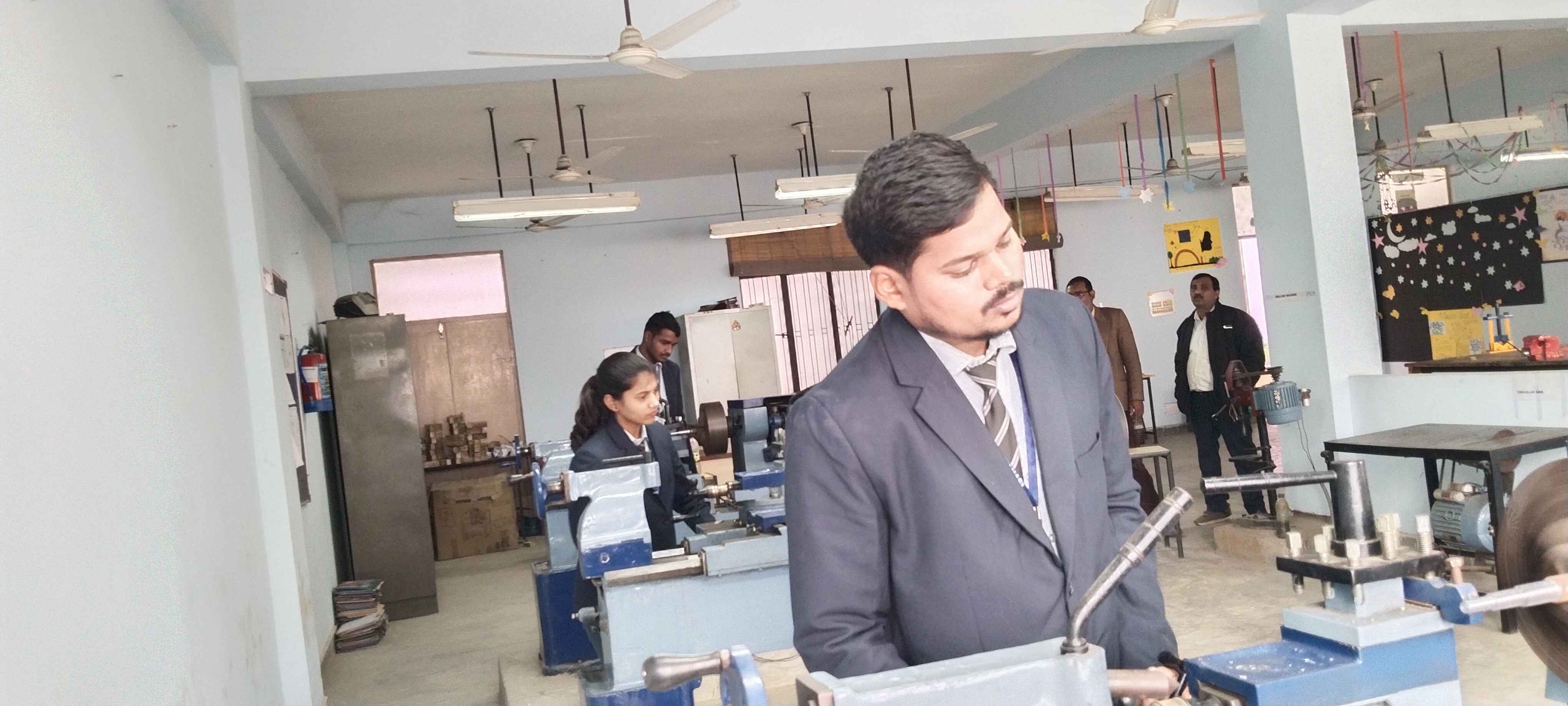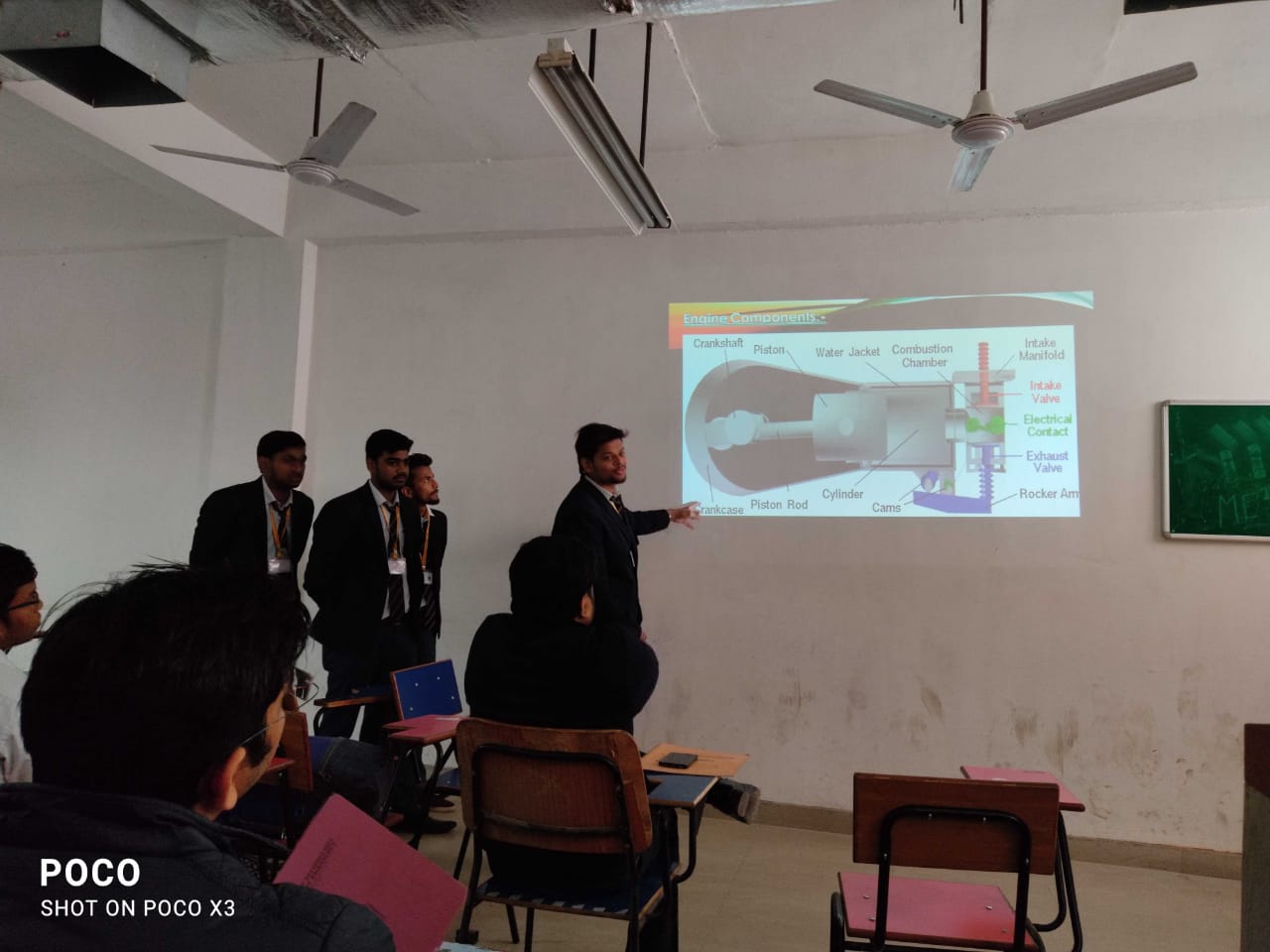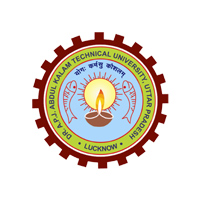Mechanical Engineering
10+2 (Maths)
4 Years Full Time
ME
Available
hodme@kashiit.ac.in
 About Department of Mechanical Engineering
About Department of Mechanical Engineering
Mechanical engineering is an engineering discipline that applies the principles of physics and materials science for analysis, design, manufacturing, and maintenance of mechanical systems. It is the branch of engineering which deals with the generation and application of heat and mechanical power and the design, production and operation of machines and tools.It is one of the oldest and broadest engineering disciplines.
Department of Mechanical Engineering prepares students from day 1 from the industry point of view and enforces practice-based teaching.
Students are given experiential learning and taught about latest advancements in the field of Mechanical Engineering through guest lectures, industry visits and, workshops.
As a student of KIT, you will be skilled at industry-specific software like AUTO CAD, MATLAB, SOLID WORKS, CREO/Pro-E, CNC Simulation etc..
Our curriculum is industry-endorsed and rigorously designed to help you acquire the right skills.
You will get the chance to be a part of international car design and hybrid vehicle design competitions like Effi-cycle, Asian Solar Challenge, Go-Kart, etc.
DEPARTMENT OF MECHANICAL ENGINEERING
Vision
To be recognized internationally for engineering education and research, and for leadership to the profession. The following strategic characteristics and aspirations will enable the College to realize its vision:
- Small-college atmosphere that facilitates personal commitment to the educational success of students in a comprehensive university
- Undergraduate curricula that emphasize breadth and depth of education, which link to areas contiguous to engineering
- Graduate education that prepares students for research and advanced problem solving needed to address complex engineering problems
- Internationally recognized research programs in each department with strong support from professional constituencies
- Demonstrable leadership and service in advancing engineering professionalism to meet society’s needs
- Educational and research partnerships with health sciences, business, and other colleges, and with select agencies, universities, and industries
- Highly successful alumni who contribute to the profession in the global society
Mission
The mission of the Department of Mechanical Engineering is to provide an education that builds within students a solid foundation in mechanical engineering principles, expands the reasoning, communication and problem solving abilities of students, and prepares graduates who have the motivation and ability for lifelong growth in their professional careers; and to develop and maintain a world-class research program in selected focus areas within mechanical engineering that complements the educational mission and addresses the evolving needs of industry and society.
PROGRAM EDUCATIONAL OBJECTIVES (PEOs):
PEO1 – PROFICIENT DEVELOPMENT
To develop in the students the capacity to obtain knowledge on Mathematics, Science and Engineering and apply it expertly inside sensible requirements, for example, financial, natural, social, political, moral, wellbeing and security, manufacturability and manageability with due moral obligation.
PEO2-CORE PROFICIENCY
To provide ability to recognize, plan, appreciate formulate, comprehend, analyze, design and solve engineering problems with hands on experience in different advancement involving modern tools necessary for engineering practice to fulfill the necessities of society and the business.
PEO3 – SPECIALISED ACHIEVEMENT
To furnished the students with the capacity to explore, reenact, design, simulate, experiment, analyze, optimize and interpret in their core applications through multi disciplinary ideas and contemporary figuring out how to incorporate them into industry prepared graduates.
.PEO4 – PROFESSIONALISM
To provide training, exposure and awareness on importance of soft skills for better career and holistic personality development as well as professional attitude towards ethical issues, team work, responsibility, accountability, multidisciplinary approach and capability to relate engineering issues to broader social context.
PEO5 – LEARNING ENVIRONMENT
To furnish students with an academic environment and make them mindful of greatness, foster the desire of revelation, imagination, creativity, authority, composed moral codes and rules and the long lasting figuring out how to turn into an effective expert in Mechanical Engineering.
PROGRAM OUTCOMES (POs)
PO1: Engineering Knowledge
Apply the knowledge of mathematics, Science, Engineering fundamentals and an Engineering specialization to the solution of complex engineering problems.
PO2: Problems Analysis
Identity, formulates, review research literature and analyze Complex engineering problems reaching substantiated conclusions using first principles of mathematics, natural Sciences and Engineering Sciences.
PO3: Design /Development of Solutions
Design solution for Complex engineering problems and design system components are processes that meet the specified needs with appropriate consideration for the public health and safety and the cultural societal and environmental considerations.
PO4: Conduct investigations of Complex Problem
Use research based knowledge and research methods including design of experiments, analysis and interpretation of data and synthesis of the information to provide valid conclusions.
PO5: Modern Tool Usage
Create, select and apply appropriate techniques, resources and modern engineering and IT tools including prediction and modeling to complex engineering activities with an understanding of the limitations.
PO6: The Engineer and Society
Apply reasoning informed by the contextual knowledge to access societal, health, safety, legal and cultural issues and the consequent responsibilities relevant to the professional engineering practice.
PO7: Environment and Sustainability
Understand the impact of the professional Engineering solutions in social and environmental contexts and demonstrate the knowledge need for sustainable development
PO8: Ethics
Apply ethical principles and commit to professional ethics and responsibilities and norms of the engineering practices.
PO9: Individual and Team Work
Function, effectively as an individual and as a member or leader in diverse teams in multidisciplinary settings.
PO10: Communication
Communicate effectively on complex engineering activities with the engineering community and with society at large, such as being able to comprehend and write effective reports and design documentation make effective presentation and give and receive clear instructions.
PO11: Project Management and Finance
Demonstrate knowledge and understanding of Engineering and Management principles and apply these to one’s own work, as a member and leader in a team to manage projects and in multidisciplinary environments.
PO12: Life -long Learning
Recognize the need for, and have the preparation and ability to engage in independent and life -long learning in the broadest context of technological changes.
PROGRAM SPECIFIC OUTCOMES (PSOs):
The graduates of the department will attain:
PSO1: Problem solving skills (Foundation of mathematical concept) The ability to analyze, design and implement application specific electronic system for complex engineering problems for analog, digital domain, communications and signal processing applications by applying the knowledge of basic sciences, engineering mathematics and engineering fundamentals.
PSO2: Professional skill (Foundation of Computer System) The ability to adapt for rapid changes in tools and technology with an understanding of Societal and Ecological issues relevant to professional engineering practices through life-long learning.
PSO3: Successful career (Foundation of Software Development) Excellent adaptability to function in multi-disciplinary work environment, good interpersonal skills as a leader in a team in appreciation of professional Ethics and Societal responsibilities.
Course Outcomes(COs):
Hod’s Message
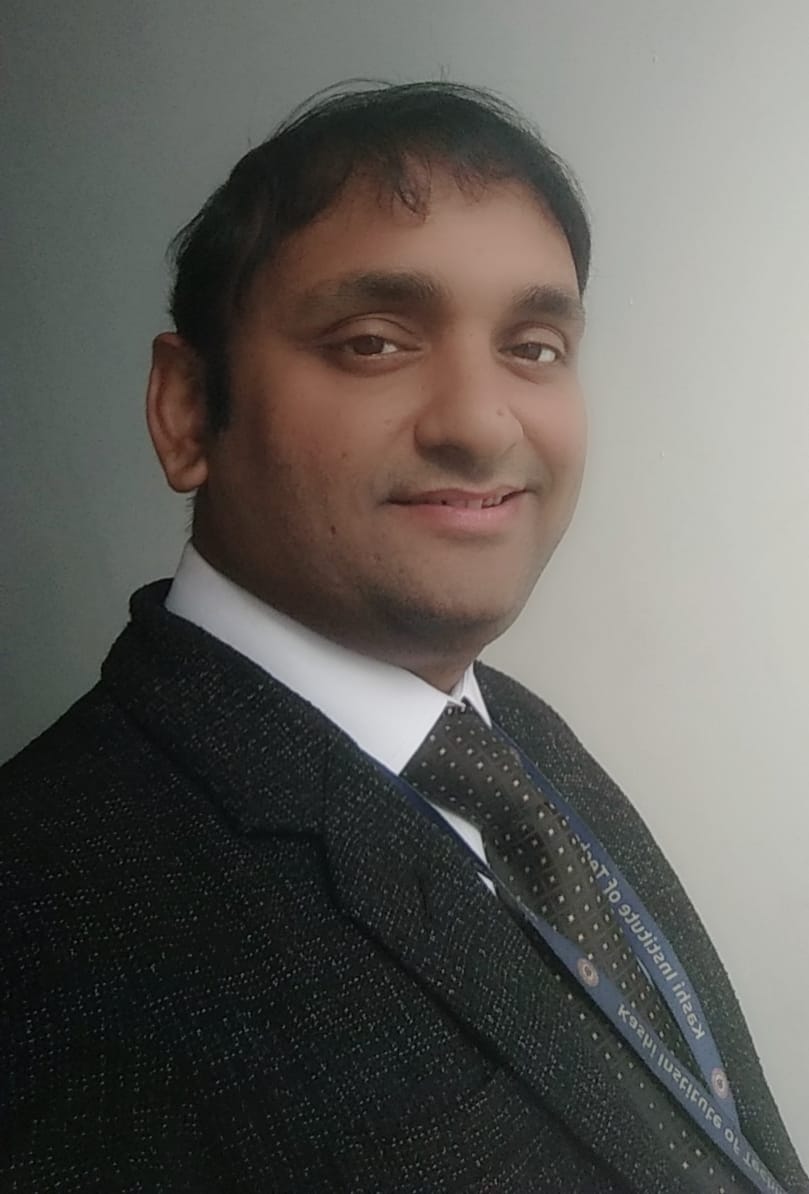
MR. NAVEEN SRIVASTAVA
(HOD)
A revolution in mechanical engineering is currently occurring. Technologies are employed in practically all areas of mechanical engineering. The department’s primary aim is to provide students the knowledge they need to produce original ideas for the future of India. By immersing them in projects outside the scope of their academic studies, we provide our students with training that is tailored to the needs of the market. The students are working on projects that expose them to the most recent technology used in the mechanical engineering sector. For this, students begin receiving projects in the third semester that put the knowledge they have learned about the subject into practise. Giving both moral values and high-quality technological education equal priority. To ensure that the students get the most out of the cutting-edge tools and outstanding infrastructure, a supportive environment is established.
| COURSE | INTAKE |
| B. TECH. (Mechanical Engineering) | 30 |
Labs
Refrigeration and air conditioning Lab 
Manufacturing Lab 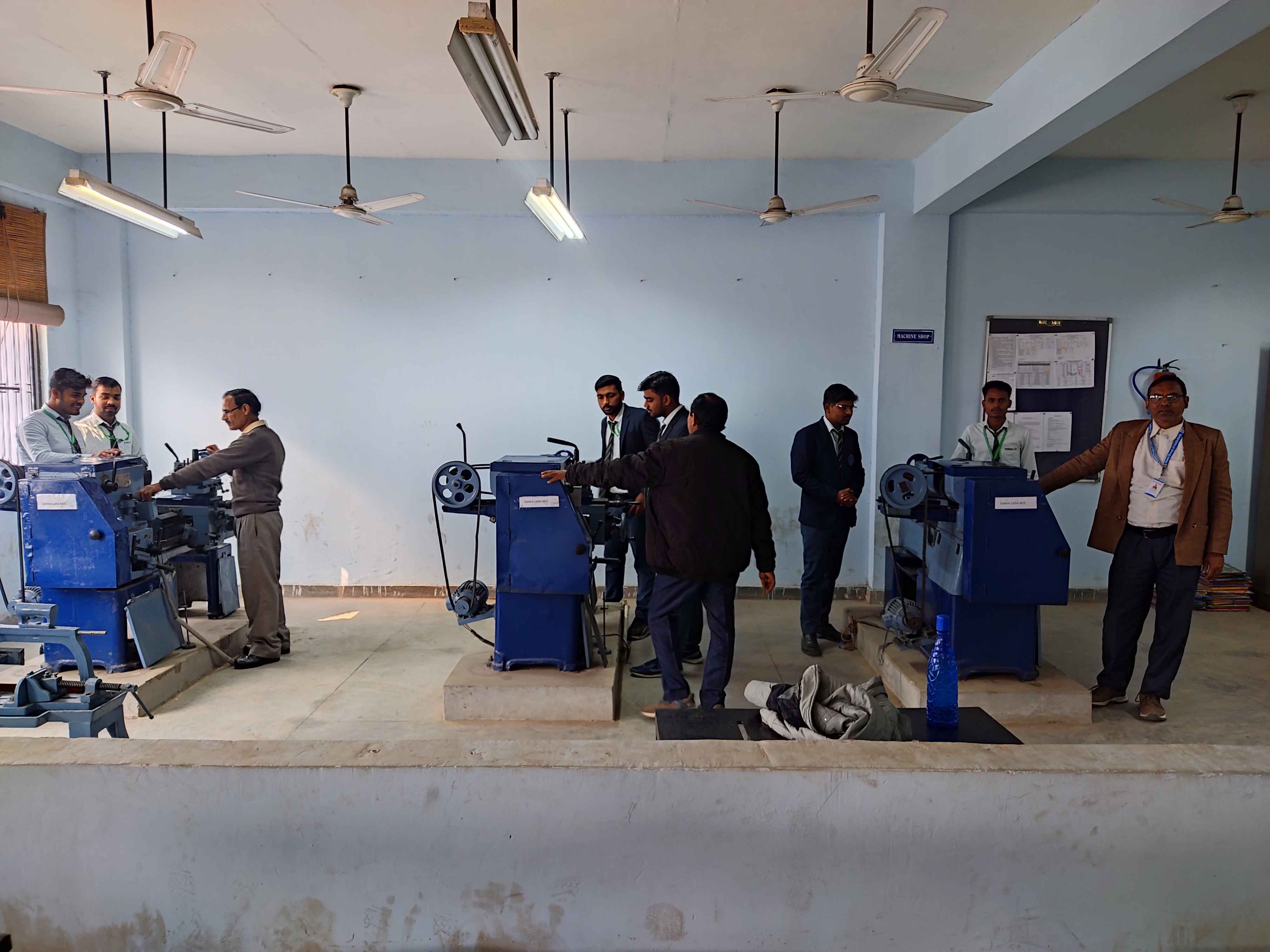
Heat Transfer Lab 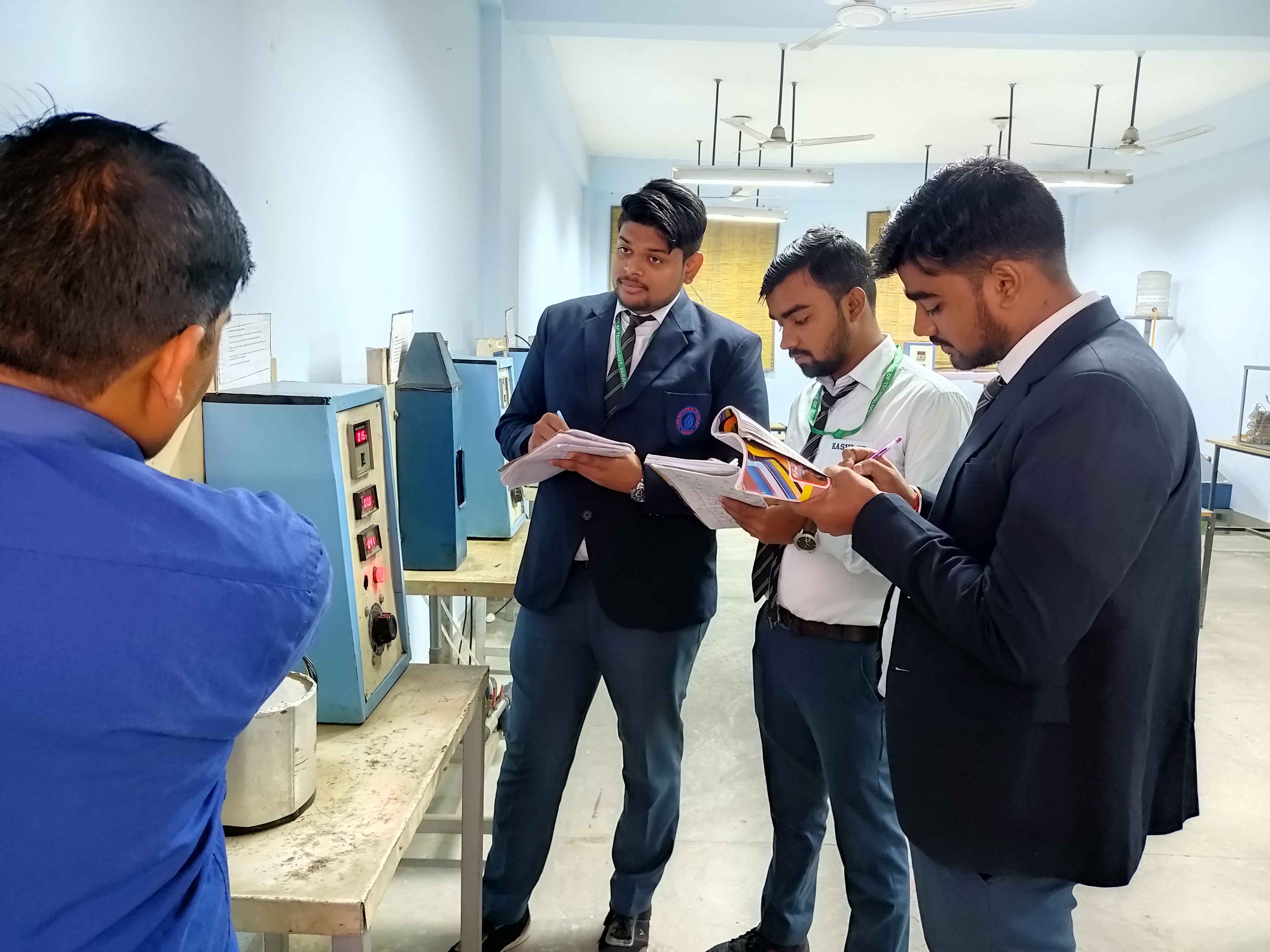
Fluid Mechanics Lab 
Automobile Lab 